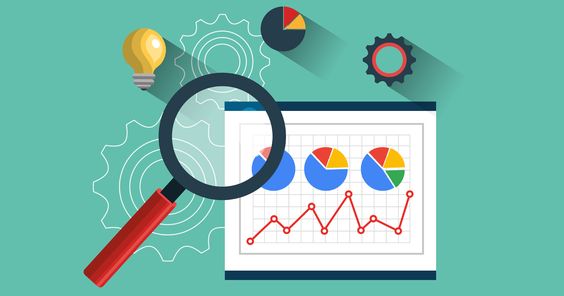In the ever-evolving landscape of digital marketing, Pay-Per-Click (PPC) stands as a pillar of precision and efficiency. In this comprehensive guide, we’ll delve into the depths of PPC, unraveling its significance, mechanisms, strategies, and potential impact on your business. As online competition intensifies, understanding the intricacies of PPC becomes paramount for any marketer seeking to maximize their digital outreach.
Understanding Pay-Per-Click (PPC)
At its core, Pay-Per-Click is an online advertising model where advertisers pay a fee each time their ad is clicked. This model empowers businesses to bid for ad placements on search engines and various online platforms, ensuring that their advertisements appear prominently when users search for relevant keywords. Unlike traditional advertising, where you pay for ad space regardless of engagement, PPC ensures that you only pay when potential customers actively engage with your ad.
Mechanics of PPC
The mechanics of PPC revolve around keywords, bids, and ad placements. Here’s a breakdown of how it all works:
Keyword Research: The foundation of a successful PPC campaign lies in meticulous keyword research. Marketers identify keywords and phrases that are highly relevant to their products or services and are commonly searched by their target audience.
Ad Creation: Once keywords are identified, compelling ads are crafted, often consisting of catchy headlines, concise descriptions, and persuasive calls-to-action. These ads are designed to entice users to click through to the advertiser’s website.
Bid Auction: When a user enters a search query that triggers your chosen keywords, an ad auction takes place. Advertisers bid on the keywords they want to target, indicating the maximum amount they are willing to pay for a click. The auction considers both bid amount and ad quality to determine ad placement.
Ad Placement: Based on the auction results, ads are displayed on search engine results pages or relevant websites. The goal is to secure a prime position that maximizes visibility and increases the likelihood of clicks.

PPC Strategies-
Mastering PPC requires a strategic approach to ensure optimal results. Few strategies which we should keep in our mind are-
Target Audience Segmentation: Tailor your PPC campaigns to specific audience segments. This involves crafting customized ads for different demographics, locations, or interests, resulting in higher relevance and engagement.
Ad Extensions: Enhance your ads with extensions such as site links, callouts, and structured snippets. These additions provide additional information and encourage users to take specific actions, boosting the effectiveness of your campaign.
Ad Testing: Continuously experiment with different ad variations to identify which elements resonate best with your audience. Testing headlines, descriptions, and even visuals can lead to insights that improve click-through rates.
Landing Page Optimization: A well-designed landing page is crucial for converting clicks into meaningful actions, such as purchases or sign-ups. Ensure your landing pages align with the ad’s promise and offer a seamless user experience.

The Benefits of PPC
PPC offers a plethora of benefits that contribute to its popularity among digital marketers:
Immediate Visibility: Unlike organic search efforts, PPC campaigns provide instant visibility, allowing your ads to appear at the top of search results almost immediately.
Targeted Reach: PPC enables precise targeting, ensuring that your ads are displayed to users actively searching for products or services related to your business.
Measurable Results: Comprehensive analytics tools track every aspect of your PPC campaign, from clicks and impressions to conversions and costs.
Cost Control: With PPC, you have full control over your budget and can cap spending to avoid overspending. You only pay when users interact with your ad, making it a cost-effective advertising model.
Brand Exposure: Consistent PPC campaigns can lead to increased brand exposure, even if users don’t immediately convert. This exposure can enhance brand recognition and influence user decisions down the line.
In the dynamic realm of digital marketing, Pay-Per-Click emerges as a potent tool to drive targeted traffic, amplify brand visibility, and yield measurable results. Through strategic keyword targeting, compelling ad creation, and meticulous campaign management, businesses can harness the power of PPC to connect with their audience and achieve their marketing objectives. As the digital landscape continues to evolve, staying well-versed in the nuances of PPC can provide a competitive edge and pave the way for digital marketing success.



